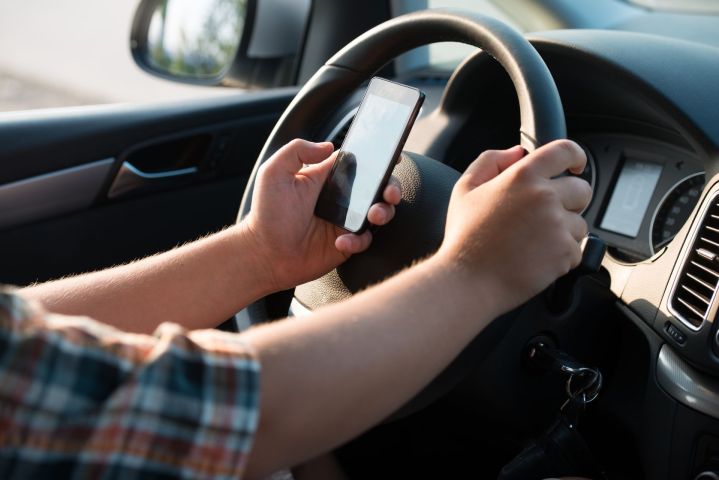
AutoInsurance Center surveyed 2,060 drivers about their in-car texting behaviors. The survey looked at generational differences, message importance, how frequently they sent texts while driving, most common messages, and more. The company also analyzed 21 final text messages sent before fatal crashes.
The most common reason cited by survey respondents for texting behind the wheel were pressure to quickly reply to someone they care about (26 percent), making plans (19 percent), not wanting to take too long to respond to messages (17 percent), and needing directions (15 percent). The remainder were boredom, pressure to respond to a work-related message, and loneliness.
When asked about the importance level of their texts sent while driving, only eight percent said the messages were very or extremely important. Otherwise, the messages were deemed somewhat important (39 percent), not particularly important (36 percent), and unimportant (18 percent). While the mix varied from millennials to baby boomers, message recipients were almost all the time family members or close friends, ranging from 87 to 92 percent. The rest were to colleagues or acquaintances.

A decided minority of drivers self-reported that they always or usually send text messages when driving, ranging from six percent of millennials to three percent of Generation Xers, and no baby boomers. Just over 90 percent of baby boomers said they never text and drive, with no texting reported by Generation X and millennials 58 percent and 49 percent, respectively.
The AutoInsurance Center analysis of final text messages, the last messages sent before fatal crashes, found the three phrases most often included in the messages were “Driving drunk,” “I’ll be dead,” and “I love you.” The CDC’s report that approximately one-third of crash fatalities involve alcohol shows a dangerous combination driving, drinking, and texting.

The AutoInsurance Center recommends that, in addition to never texting while driving ourselves, to let our families and friends know we would much rather have them reach their destinations safely than return messages they receive while they are driving.



